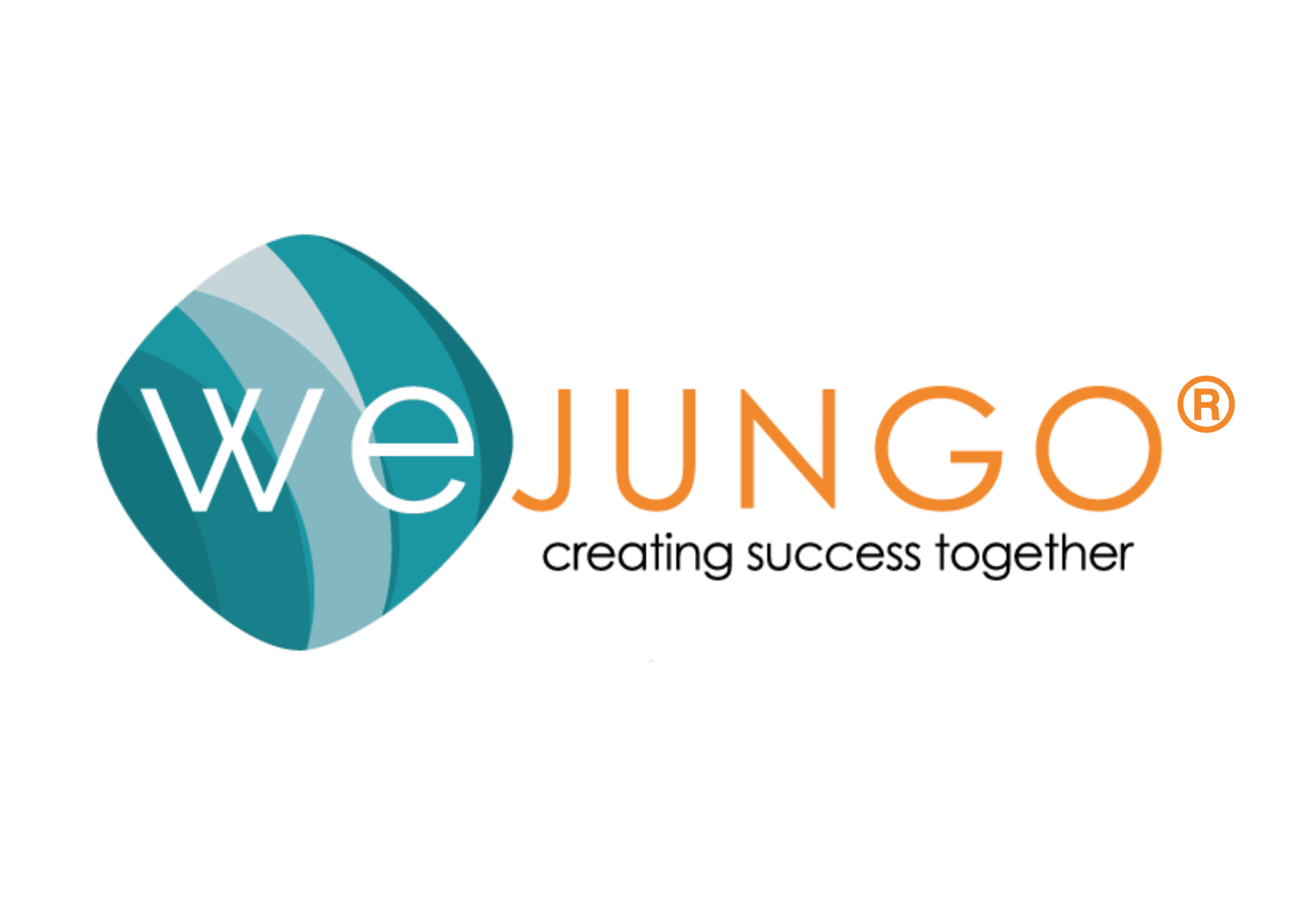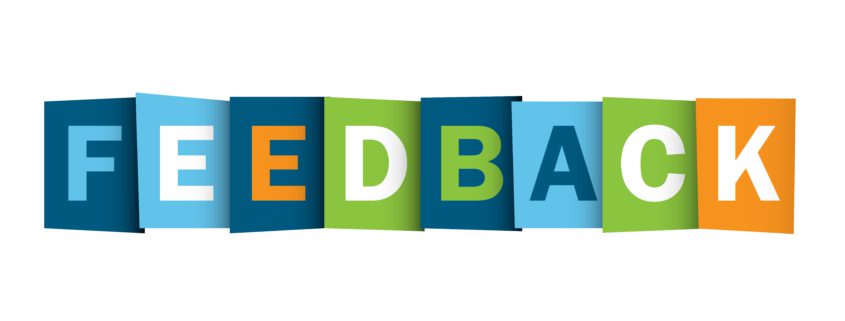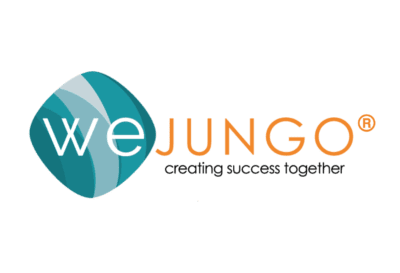Beyond Positive Feedback
Originally posted at LinkedIn on Aug 15, 2014
Positive feedback is a powerful (and under-used) management tool.
In the retail environment every detail matters. But staff turn-over is high and opportunities for incentives few, making it difficult to sustain an environment where those all-important details are tended to.
Formal positive feedback management can make a difference in addressing these realities. Done right it links objectives and outcomes with high retention engagement.
Gratitude is both a basic element of, and a powerful extension to, positive feedback management. A growing body of research shows practicing gratitude can have significant benefits.
The difference between basic feedback management and a culture of gratitude is the difference between saying “You did well in just the way we need you to.” and “I am grateful for what you have done to move us in the right direction.” Both are effective, but the second has more benefits.
- An expression of gratitude can cut through emotional defenses less personal feedback can’t get past.
- The statement of gratitude captures both the positive feedback on desired behaviour, and the personal impact on the speaker.
- The greater emotional engagement of expressing gratitude supports more productive and resilient relationships.
- The expression of gratitude builds optimism and reduces stress. Gratitude is the clearest expression of one human to another that they have made a positive difference.
In the hyper-competitive world of retail, creative, laterally-thinking teams and empathetic, high EQ management are highly prized qualities in maintaining a competitive advantage.

The research indicates a culture of gratitude supports workplaces that are lower stress, encourage greater clarity and focus, create a safe atmosphere for risk-taking, creativity, greater engagement, and lower turn-over.
Any successful retailer can tell you that any two or three of those factors could transform the success of their business.
When what we are selling in retail is usually a commodity, the most powerful differentiation lies in culture and customer service. Combining structured feedback management and a culture of gratitude could be a significant entry into greater customer loyalty, and profitability.














